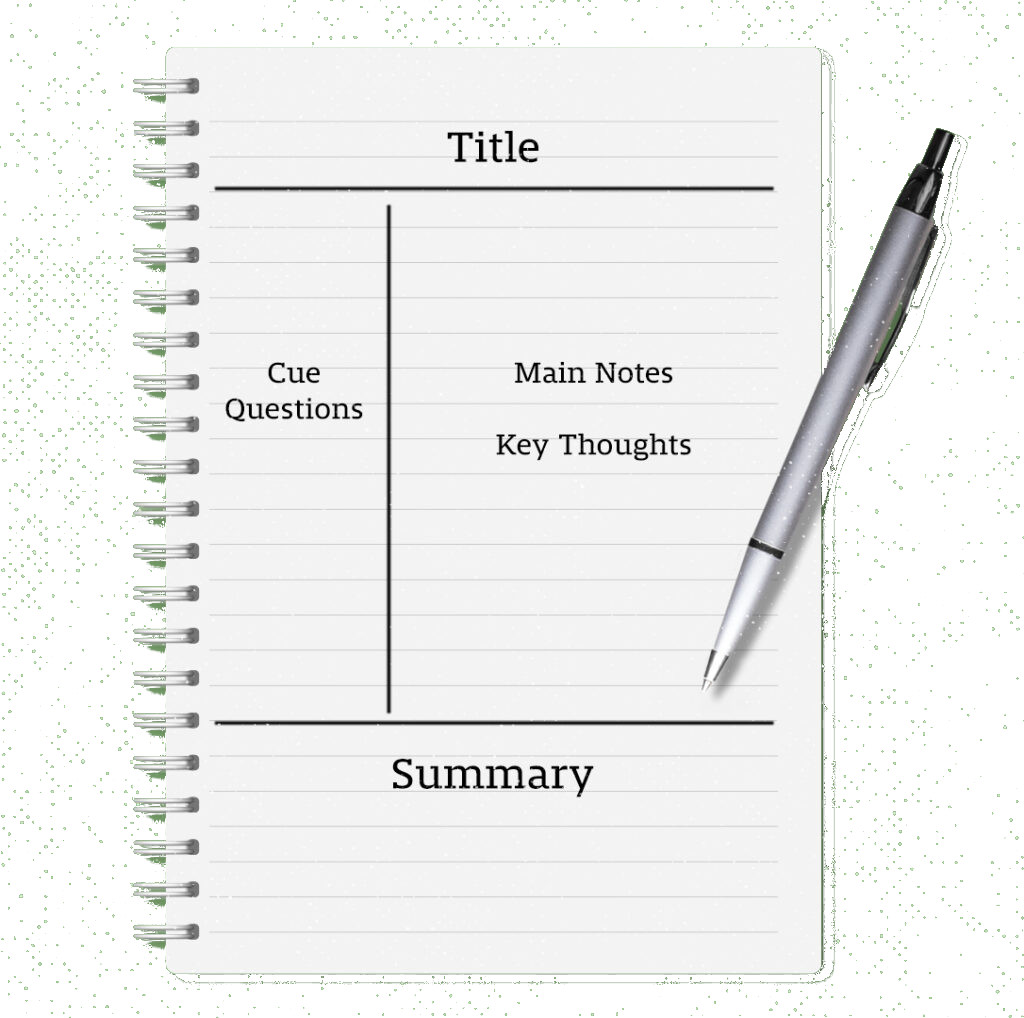The Ultimate Guide to Avoiding Exam Blunders

Exam blunders are common mistakes or errors that students make during exams, which can have a negative impact on their academic performance. These blunders can range from misreading questions to running out of time, and they often occur due to a lack of preparation, poor time management, or exam anxiety. It is important to avoid these blunders in order to achieve academic success and reach your full potential.
Avoiding exam blunders is crucial because they can significantly affect your exam results and overall academic performance. Making simple mistakes or misinterpreting questions can lead to incorrect answers and lower grades. Additionally, running out of time during an exam can prevent you from completing all the questions or sections, resulting in incomplete answers and lost marks. By avoiding these blunders, you can improve your chances of achieving higher grades and reaching your academic goals.
Pre-Exam Preparation: Tips and Strategies for Success
Starting early and creating a study schedule is essential for effective pre-exam preparation. By giving yourself enough time to study and review the material, you can avoid cramming and feeling overwhelmed. Begin by breaking down the material into manageable chunks and allocate specific study times for each topic or subject. This will help you stay organised and focused during your study sessions.
Effective note-taking is another important aspect of pre-exam preparation. During lectures or while reading textbooks, make sure to take clear and concise notes that highlight key points and concepts. Reviewing these notes regularly will help reinforce your understanding of the material and make it easier to recall during exams.
Staying focused and motivated during study sessions can be challenging, but there are strategies that can help. Find a quiet and comfortable study environment where you can minimise distractions. Set specific goals for each study session and reward yourself after achieving them. Break up your study sessions with short breaks to prevent burnout and maintain productivity.
Time Management: How to Make the Most of Your Exam Time
Time management is crucial during exams to ensure that you have enough time to answer all the questions and complete the exam within the given time limit. Start by familiarising yourself with the exam format and the number of questions or sections. This will help you allocate your time accordingly and prioritise the questions that carry more marks or require more time.
During the exam, it is important to manage your time effectively. Read through all the questions before starting to answer them, and make a mental note of the ones that you find easier or more challenging. Begin with the easier questions to build confidence and save time for the more difficult ones later. Set a time limit for each question or section and stick to it to ensure that you have enough time to complete the entire exam.
Prioritising questions is another important aspect of time management during exams. If you are running out of time, focus on answering the questions that carry more marks or require more detailed answers. This will help you maximise your chances of earning higher marks and avoid leaving any questions unanswered.
Understanding Exam Questions: Techniques for Effective Analysis
Understanding exam questions is crucial for providing accurate and relevant answers. Take the time to carefully read and analyse each question before attempting to answer it. Pay attention to keywords or phrases that indicate what is being asked, such as “compare,” “contrast,” or “evaluate.” This will help you structure your answers appropriately and address all aspects of the question.
Analysing exam questions effectively involves breaking them down into smaller parts and identifying key information. Underline or highlight important keywords or phrases that provide clues about what is expected in your answer. This will help you stay focused and ensure that you address all the necessary points.
Avoiding common mistakes in understanding exam questions requires careful reading and attention to detail. Be aware of any negative words or phrases, such as “not” or “except,” which can change the meaning of the question. Take your time to fully comprehend the question and ask for clarification if needed.
Exam Room Etiquette: Dos and Don’ts for a Smooth Experience
Maintaining proper exam room etiquette is important for creating a conducive environment for all students and ensuring a smooth exam experience. Arrive early to the exam venue to avoid any last-minute rush or stress. Follow the instructions provided by the invigilators and adhere to the rules and regulations of the exam venue.
Dos for exam day include bringing all the necessary materials, such as pens, pencils, erasers, calculators, and any other permitted items. Make sure to have your student ID or any other identification required for the exam if required. Bring a water bottle to stay hydrated.
Don’ts for exam day include bringing any unauthorised materials, such as textbooks, notes, or electronic devices. Avoid talking or communicating with other students during the exam, as this can be distracting and may result in penalties. Stay focused on your own exam and do not engage in any form of cheating or academic dishonesty.
Strategies for staying calm and focused during the exam include taking deep breaths and practising relaxation techniques before and during the exam. Remind yourself of your preparation and confidence in your abilities. If you feel overwhelmed or anxious, take a moment to pause, close your eyes, and regain your composure.
Dealing with Exam Anxiety: Coping Mechanisms and Techniques
Exam anxiety is a common issue that many students face, but it can be managed with the right coping mechanisms and techniques. Managing exam anxiety is important because it can affect your concentration, memory, and overall performance during exams.
Coping mechanisms for dealing with exam anxiety include practising relaxation techniques, such as deep breathing exercises or meditation. These techniques can help calm your mind and body, reducing stress and anxiety. Engaging in regular physical exercise and maintaining a healthy lifestyle can also help manage anxiety levels.
Techniques for staying calm and focused during the exam include positive self-talk and visualisation. Remind yourself of your preparation and past successes to boost your confidence. Visualise yourself performing well during the exam and achieving your desired results. This can help alleviate anxiety and improve your focus.
If exam anxiety becomes overwhelming and affects your ability to perform, consider seeking support from a counsellor or therapist. They can provide additional coping strategies and techniques tailored to your specific needs.
Avoiding Common Mistakes: Tips for Spotting Tricky Questions and Traps
Common mistakes students make during exams include misreading questions, making assumptions, or falling into traps set by the examiners. To avoid these mistakes, it is important to develop a critical mindset and approach each question with caution.
Tips for spotting tricky questions and traps include reading the question carefully and paying attention to details. Look out for any qualifiers or exceptions that may change the meaning of the question. Be wary of answer choices that seem too obvious or too similar, as they may be designed to confuse you.
Strategies for avoiding common mistakes include double-checking your answers before submitting the exam if you have enough time. Take the time to review each question and ensure that you have answered it correctly and fully. If you are unsure about an answer, trust your instincts and go with your best guess.
Exam Day Essentials: What to Bring and What to Leave Behind
On exam day, it is important to bring all the essential items that you will need during the exam. These include pens, pencils, erasers, calculators, rulers, and any other permitted materials. Make sure to have your student ID or any other identification required for the exam.
As mentioned before, items to leave behind on exam day include any unauthorised materials, such as textbooks, notes, or electronic devices. These items can lead to penalties or disqualification from the exam. Avoid bringing any valuables or personal belongings that may distract you or cause anxiety.
Strategies for staying organised and prepared on exam day include packing your bag the night before and checking that you have all the necessary items. Plan your route to the exam venue if it’s not at a place you’re familiar with and allow for extra time in case of any unexpected delays. Get a good night’s sleep and have a healthy breakfast to ensure that you are well-rested and energised for the exam.
Post-Exam Reflection: How to Learn from Your Mistakes and Improve
Reflecting on your exam performance is important for learning from your mistakes and improving for future exams. Take the time to analyse your answers and identify any areas where you made mistakes or could have improved. Look for patterns or common themes in your mistakes to identify areas for further study or practice.
Strategies for analysing exam performance include reviewing your answers and comparing them to model answers or marking schemes. Identify any gaps in your knowledge or understanding and make a note of them for future reference. Seek feedback from your teachers or professors to gain additional insights and suggestions for improvement.
Tips for creating a plan for future exams include setting specific goals and targets for each subject or topic. Break down your study schedule into smaller, manageable tasks and allocate specific time slots for each task. Regularly review your progress and make adjustments to your study plan as needed.
Conclusion: Putting It All Together for Exam Success
In conclusion, avoiding exam blunders is crucial for achieving academic success and reaching your full potential. By implementing the strategies and tips discussed in this article, you can improve your exam preparation, time management, understanding of exam questions, exam room etiquette, coping with exam anxiety, avoiding common mistakes, and overall exam performance.
Remember to start early, create a study schedule, take effective notes, stay focused and motivated, manage your time effectively during exams, analyse exam questions carefully, maintain proper exam room etiquette, cope with exam anxiety, spot tricky questions and traps, bring the necessary items on exam day, reflect on your exam performance, and create a plan for future exams.
By putting these strategies into practice, you can increase your chances of avoiding exam blunders and achieving academic success. Good luck with your exams!







Responses